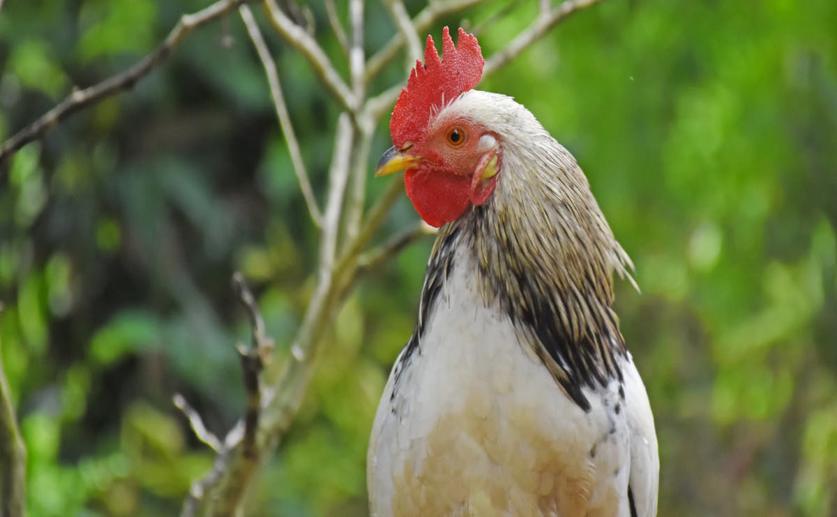
Nanoparticles with Rutin Reduce Toxin Damage in Chicken Immune Organs
Jim Crocker
5th May, 2024

Image Source: Bezalel Thilojan (photographer)
Key Findings
- Study conducted on broiler chickens at Mansoura University found cadmium in the environment harms their immune systems
- Rutin nanoparticles in the diet helped chickens recover from cadmium's negative effects, improving health and growth
- The study suggests rutin nanoparticles could be a protective dietary supplement for poultry against environmental toxins like cadmium
References
Main Study
1) Rutin Nanoparticles Alleviate Cadmium-Induced Oxidative and Immune Damage in Broilers’ Bursa of Fabricius via Modulating Hsp70/TLR4/NF-κB Signaling Pathway
Published 4th May, 2024
https://doi.org/10.1007/s12011-024-04199-0
Related Studies
2) Sex-dependent vascular effects of cadmium sub-chronic exposure on rats.
3) Evaluation of Cadmium Chloride-Induced Toxicity in Chicks Via Hematological, Biochemical Parameters, and Cadmium Level in Tissues.
4) Astilbin antagonizes developmental cardiotoxicity after cadmium exposure in chicken embryos by inhibiting endoplasmic reticulum stress and maintaining calcium homeostasis.



 22nd March, 2024 | Jenn Hoskins
22nd March, 2024 | Jenn Hoskins